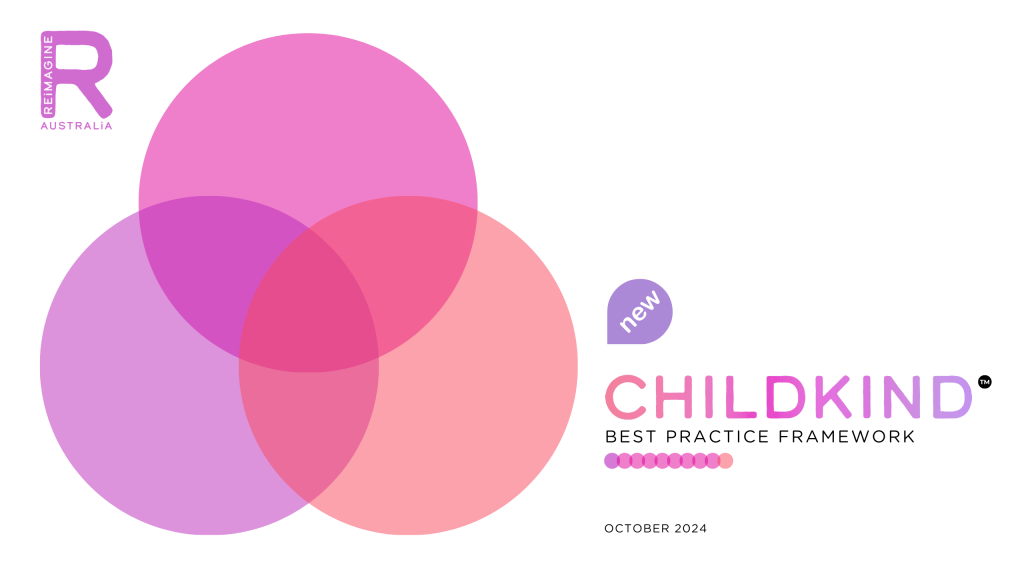KEY COMPETENCY 3.3 – PROMOTE INCLUSION
“I will embrace practices that affirm neurodiversity, neurodivergence, and lived experiences, while actively combating ableism in my work with children and families.”
Anti-Ableist and Neuro-Affirming Practice is the third competency under the ‘Promote Inclusion’ Way of Working, and relates to the ‘design and delivery of services and supports‘ phase of the child’s early developmental support journey. It is important for:
Promoting Equality: Actively challenge ableism, ensuring that children with disabilities are treated with dignity and respect, fostering a culture of equality.
Celebrating Diversity: Neuro-affirming practices recognise and value neurodiversity, allowing children to thrive by affirming their unique ways of thinking and learning.
Empowering Families: Advocate for anti-ableist perspectives to empower families to embrace their child’s identity, promoting self-advocacy and resilience.
Enhancing Support: This approach leads to more effective, personalised support strategies that align with each child’s strengths and needs, improving overall outcomes.
Anti-ableist and neuro-affirming practices challenge the systemic biases that marginalise neurodivergent children and those with disabilities. By embracing neurodiversity and combating ableism, practitioners ensure that all children are supported in ways that honor their unique abilities, strengths, and needs. This approach promotes an inclusive, respectful, and equitable learning environment.
Anti-ableist frameworks in early childhood settings contribute to better developmental outcomes for neurodivergent children, fostering acceptance and reducing stigma. Neuro-affirming practices celebrate neurodiversity and ensure that children receive tailored support based on their individual needs, rather than being forced to conform to typical developmental standards.
Research and Further Reading:
Blume, H. (2021). Neurodiversity: The birth of an idea. Greenwood Press.
Schneider, C., & Turner, K. (2020). Anti-ableist practices in early childhood education: Supporting neurodivergent children. Springer Publishing.
COMPETENCY MILESTONES
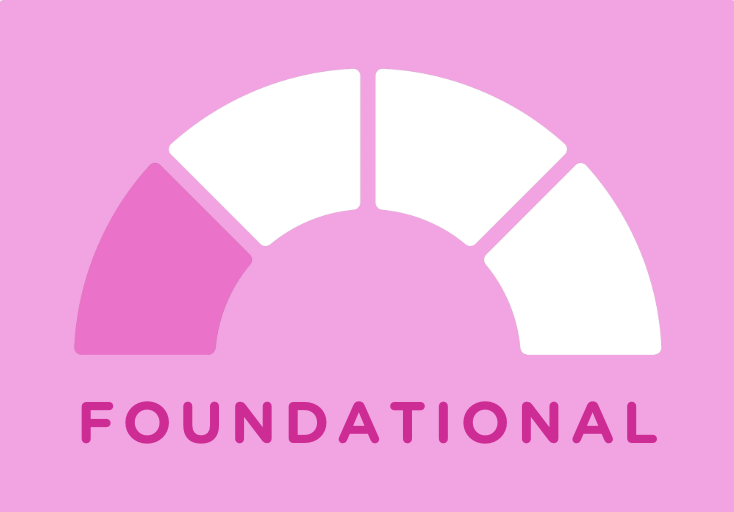
I am able to:
Recognise and respect neurodiversity, neurodivergence, and lived experiences in all interactions with children and families, ensuring these aspects are valued and acknowledged.
Apply inclusive practices to support neurodivergent individuals by adapting approaches to accommodate diverse needs and perspectives.
Address ableism by actively challenging and addressing biased attitudes and behaviours, promoting a culture of respect and understanding.
Educate parents and carers that differences in neurodiversity and lived experiences are be valuable assets and do not need to be changed.
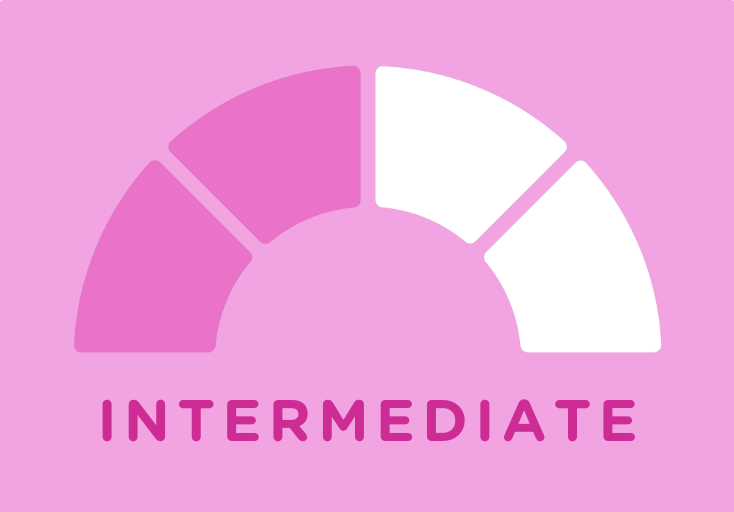
I am able to:
Implement strategies and interventions that affirm neurodiversity and neurodivergence, ensuring that practices are inclusive and responsive to the needs of all individuals.
Use inclusive language and actively combat ableism in communication and practice, fostering an environment where everyone feels valued and respected.
Reflect on and seek feedback on neuro-affirming practices, continuously improving and adapting methods to better support neurodiverse individuals and combat ableism effectively.
Support parents and carers in understanding and embracing their child’s differences, reinforcing that these differences are strengths rather than deficits.
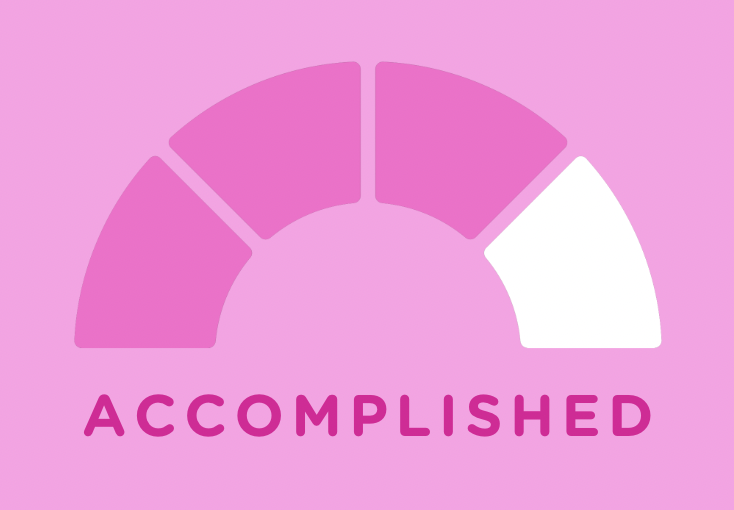
I am able to:
Consistently integrate neuro-affirming practices into all aspects of work, tailoring support to meet the diverse needs of children and families and promoting an inclusive env ironment.
Advocate for and drive systemic changes within the organisation and community that promote inclusion and challenge ableism, creating a broader impact on practices and policies.
Mentor and support colleagues in adopting neurodiversity and anti-ableism practices, sharing expertise and fostering a culture of inclusion within the team.
Educate and empower parents and carers to utilise their child’s neurodiversity and differences as strengths, reinforcing positive perspectives and inclusive practices.
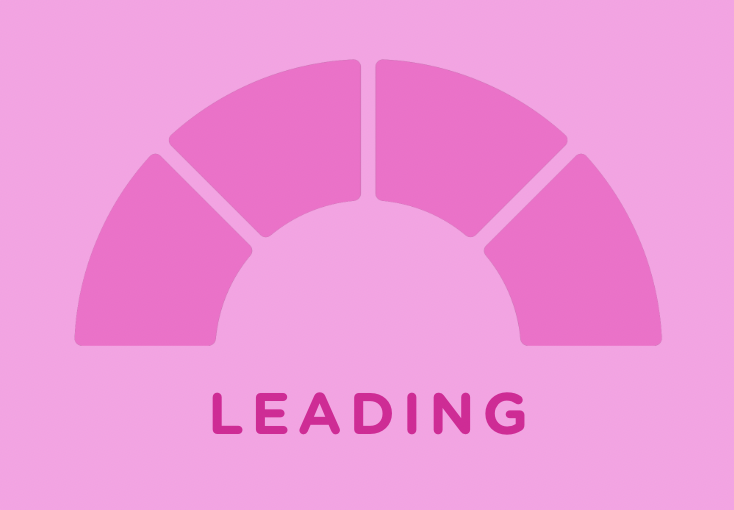
I am able to:
Develop and implement comprehensive organisation-wide policies and practices that support neurodiversity, neurodivergence, and anti-ableism, leading efforts to create an inclusive and respectful env ironment.
Influence and lead community and organisational initiatives aimed at advancing inclusion and combating ableism, contributing to broader systemic change.
Lead efforts to advance knowledge and best practices in neurodiversity and inclusion, positioning oneself as a leader and advocate in the field.
Lead educational initiatives for parents and carers, ensuring that understanding and embracing differences as strengths is central to support strategies and organisational practices.
Reflection questions are a valuable tool for practitioners, promoting self-awareness, critical thinking, continuous improvement, and stronger relationships in their work with children and families. Below are some reflection questions for Key Competency 3.3: Anti-Ableist and Neuro-Affirming Practice:
Am I creating an environment where neurodivergent children feel valued and supported?
How can I better affirm neurodiversity in my daily practice?
Am I challenging ableist assumptions that may affect the children and families I work with?
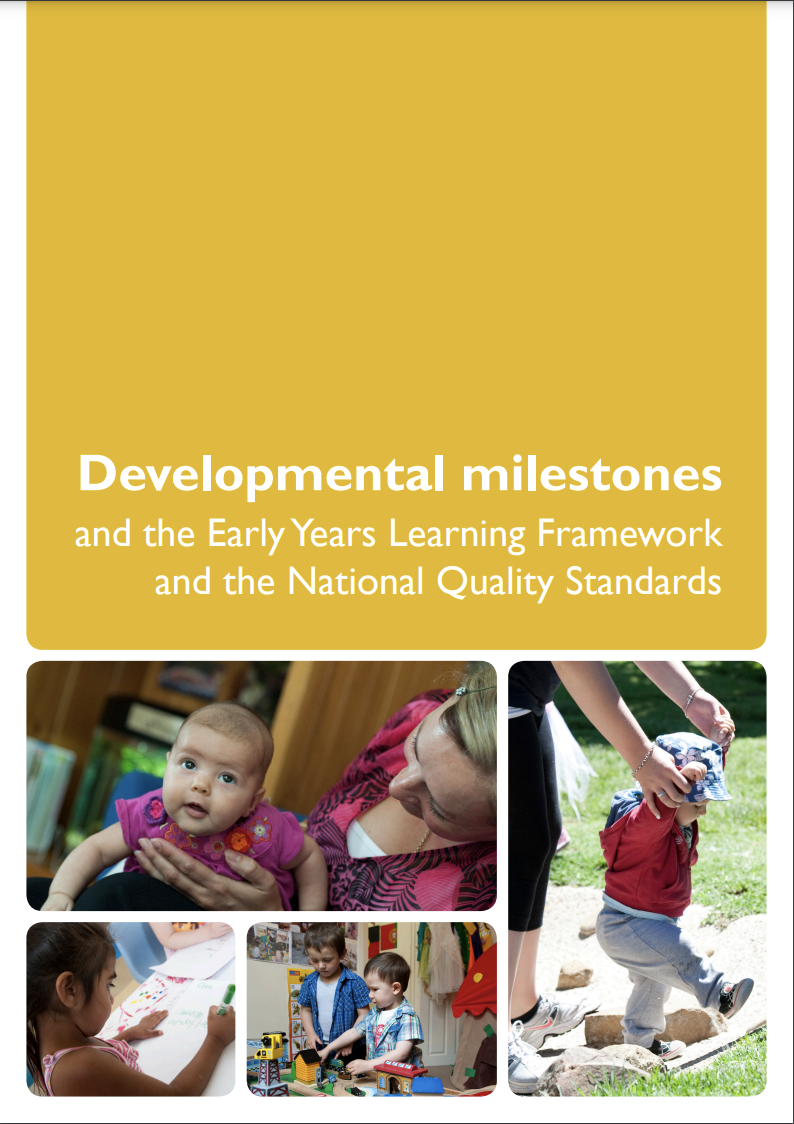
Developmental milestones and the Early Years Learning Framework and the National Quality Standards
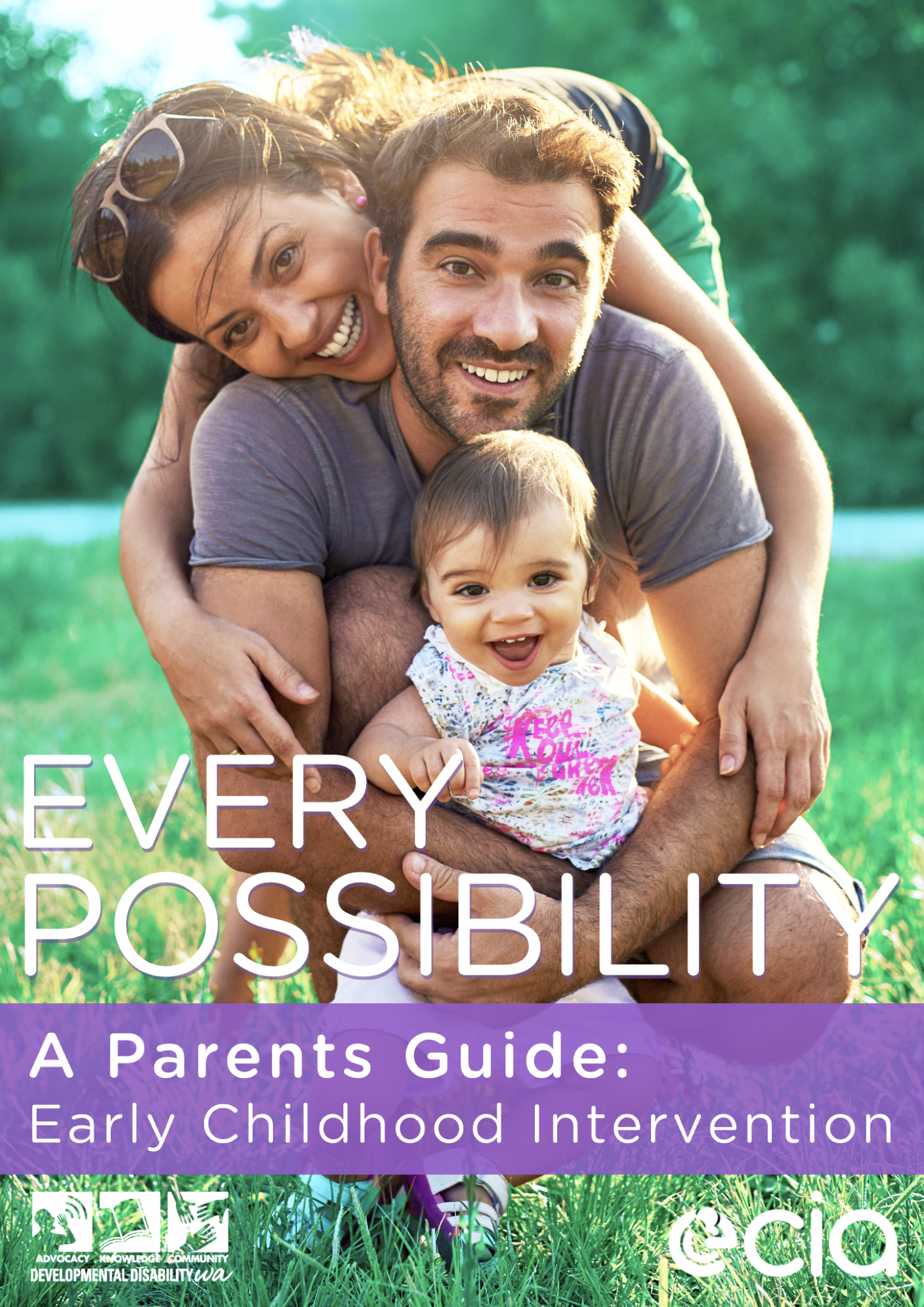
A parent guide by Developmental Disability WA & Early Childhood Intervention Australia (2019) to help get the best out of early childhood therapy support for children with disability, developmental delay, or neurodivergence.
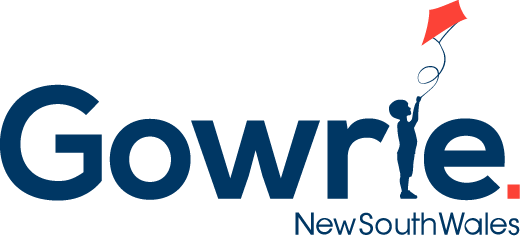
A practical resource from Growrie NSW ‘Thought Leadership’ tols and resources, supporting the importance of observation in the early years.
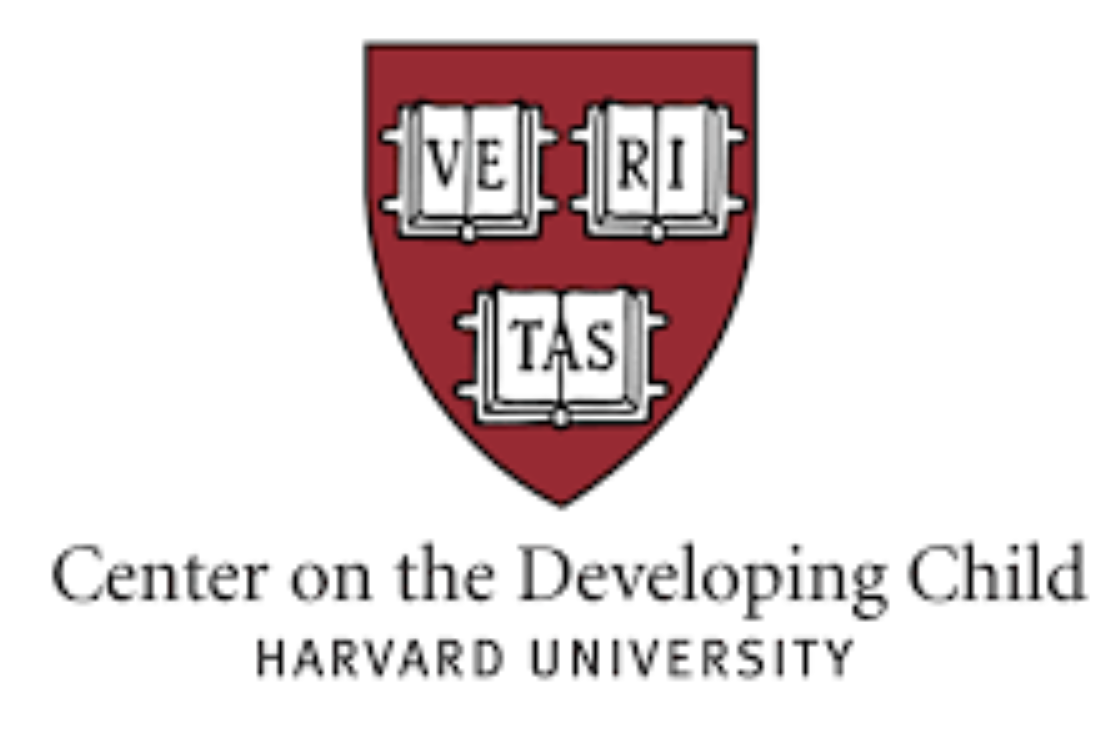
National Scientific Council on the Developing Child (2007). The Timing and Quality of Early Experiences Combine to Shape Brain Architecture: Working Paper #5.
Embracing neurodiversity in early childhood education challenges ableist norms and creates inclusive spaces where all children can thrive.
(Blume, 2021, p. 18).
Access more information on the ChildKind Best Practice Framework with its 10 Ways of Working, 30 Key Competencies and 8 supporting Values and Behaviours here:
